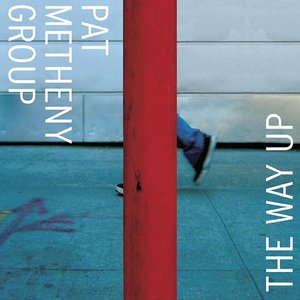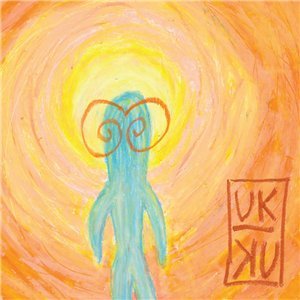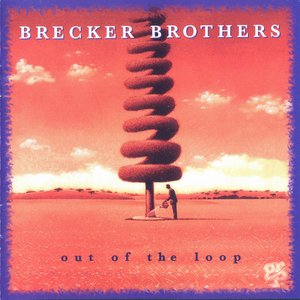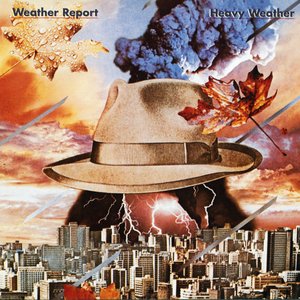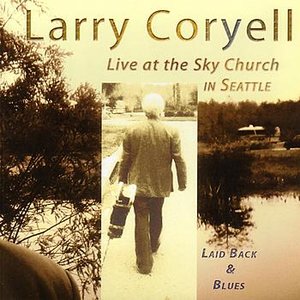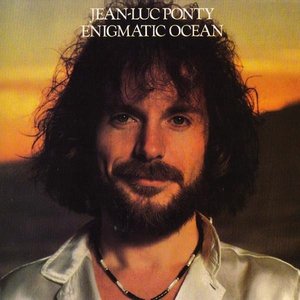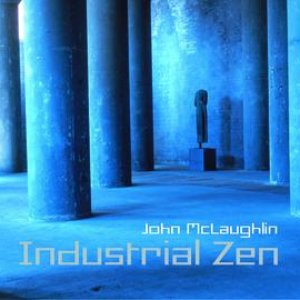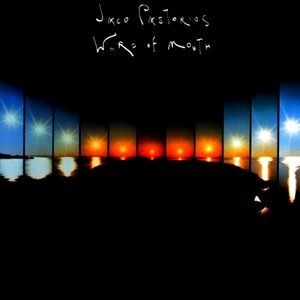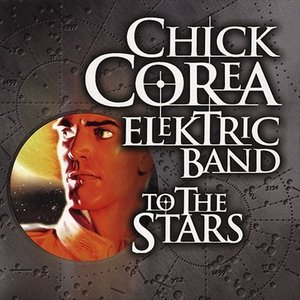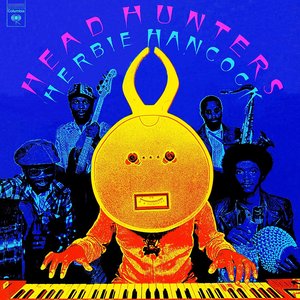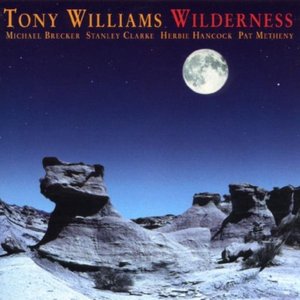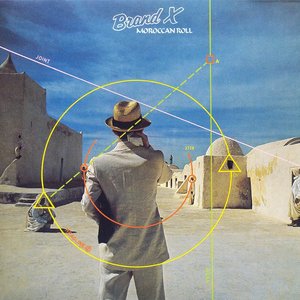Wiki
-
Release Date
1973
-
Length
7 tracks
Hymn of the Seventh Galaxy is Return to Forever's third studio album. It was recorded in August 1973 at Record Plant Studios, N.Y.
This was the group's first album with a rock influenced sound and without any vocals. Former members Flora Purim, Joe Farrell and Airto Moreira were replaced by drummer Lenny White and guitarist Bill Connors.
The album was originally recorded with drummer Steve Gadd but when Gadd did not want to tour with the band, a new version was recorded with Lenny White. The version featuring Gadd was never released and the whole recording is said to be lost.
The music draws upon elements from various genres, including Latin jazz, funk, psychedelic rock, and avant-garde jazz.
Corea relies mostly on electric pianos and organs, not yet playing the Minimoog. Also, Clarke has not developed his famous electric bass sound yet and plays his one solo on the album through a fuzzbox. Bill Connors does not have the same reputation for technical wizardry as his successor Al Di Meola, but his heavily distorted guitar sound and fiery licks have received positive comments from reviewers.
Clarke contributed one song for the album and Corea wrote the rest of the material. The first track, the title track, is Corea's short space rock anthem that sets the mood for the rest of the album. The second track, "After the Cosmic Rain", is Clarke's sole composition on the album, and it features a long bass solo played through a fuzzbox followed by Corea's fiery electric piano solo. "Captain Señor Mouse" is a piece that has a fast, airy theme that suddenly turns into another theme that sounds like Latin music. This composition shows a humorous side of Corea, who has claimed that the song was written about a mouse that he saw in a house while visiting Switzerland. Long solos following themes are played by Corea and Connors. Al Di Meola recorded his own version of this song for his album Casino (1978). Side 2 of the original vinyl version starts with "Theme to the Mothership", which is another space-rock anthem. After a melodically strong theme, Connors plays a solo over one long repeating riff. Corea switches distortion on during his own solo. "Space Circus" features Corea's "Children Song" as a spooky intro that is followed by a piece that is based on a funk riff. This time Corea leaves solo space solely for Connors. Lenny White has also some extensive drum breaks on the track. The last track, "Game Maker" has also a slow intro after which an avant-garde-like theme comes in. Corea and Connors play improvised solos in a call-and-response style.
After touring for a while following the album's release, Connors left the group for a solo career, stating that he wanted to concentrate on acoustic music. He was replaced by Al Di Meola.
Personnel
Chick Corea – electric piano, acoustic piano, organ, harpsichord, gongs
Stanley Clarke – electric bass, bell tree
Lenny White – drums, percussion
Bill Connors – electric guitar, acoustic guitar
Album descriptions on Last.fm are editable by everyone. Feel free to contribute!
All user-contributed text on this page is available under the Creative Commons Attribution-ShareAlike License; additional terms may apply.

